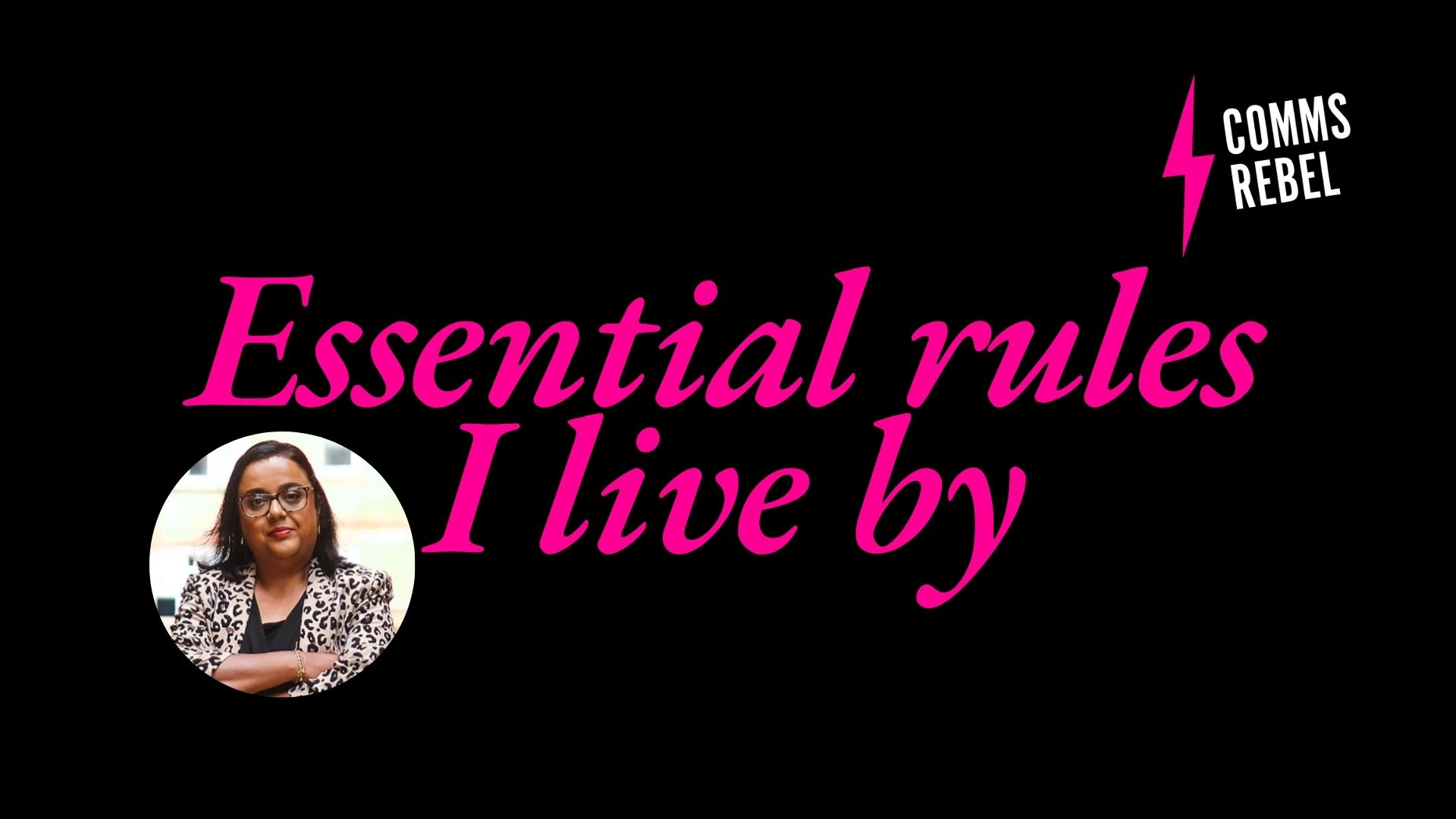Last week I received a DM from a communicator who asked how they could to stop firefighting and focus more on strategy.
Before I share some advice, I want to be honest here for a minute. What we’re all facing at the moment is a long-term crisis. You will undoubtedly spend some time firefighting as it’s hard to know what’s going to happen from one day to next so please don’t be too hard on yourself.
However, with that said, continuously firefighting without any plans or measures in place can you put you at risk of burnout, and you can end up flipping from one thing to another without any thought – more so during a crisis.
Here are some top tips that have worked for me in the past. I hope it helps you in some way:
- Understand what your business objectives are. If the stuff you’re firefighting aligns to these objectives, then you’re doing ok. If everything you’re firefighting isn’t adding any value, then I’d question what the purpose is? Is the leader ticking boxes to get it off their to-do list? Is it because ‘you’ve always done that way?’
If you find you’re firefighting due to lack of resource or budget, then this needs to be addressed. You might need to lean into some difficult conversations, but you must explain the impact firefighting has on the business. - Is your communications strategy realistic, and is it achievable? We all have big goals for the work we do, but we have to make sure there is an appetite in the business to deliver some big-ticket items. If there’s no support, then it’s likely you’re not going to get the buy-in for what you’re trying to achieve. If this is the case, you need to do some stakeholder management and understand the barriers. Explain to them the benefits of having a plan and what the process should be for certain situations. Your communications strategy needs to be signed off at the executive level. If it isn’t, then it’s likely it’ll be disregarded, and that will make things challenging over time.
- What are your priorities? This is a tough one as it will mean saying ‘no’ to certain stakeholders who are asking for support for things that don’t align to the business objectives. At this point, you need to manage their expectations and have the confidence to ask questions such as ‘what’s in it for the colleague?’ ‘what outcomes are you looking for?’ ‘what are you hoping to achieve?’. You normally find that once you’ve asked a few questions, another solution is available. It’s hard to do this because as internal communicators, our instinct is to do it and be helpful but don’t do this if it’s causing chaos and it’s detrimental to what you’re trying to achieve.
From the community
Dan Holden, Communications Manager from Which U.K. shared:
“If you have a team, then each week give one of the team a dedicated three to four-hour block in their diary for them to be completely offline to focus on the strategy work that needs to be done. By making it the same time each week for the team to do in rotation, it makes it easier to plan content so team members don’t get caught in anything last minute when it’s their week.
By having this dedicated time, team members know the rest of the team is covering for them and that they can switch off notifications. At the end of each rotation cycle, you can then use the same time slot to come together and review the strategy work rather than trying to fit it into team meetings.”
If you have any advice, then drop me an email, and I’ll update this blog with your thoughts.
If you want a mentor or coach to talk through some key challenges like this, get in touch with me. I have a spot left for my six-month coaching programme!.


